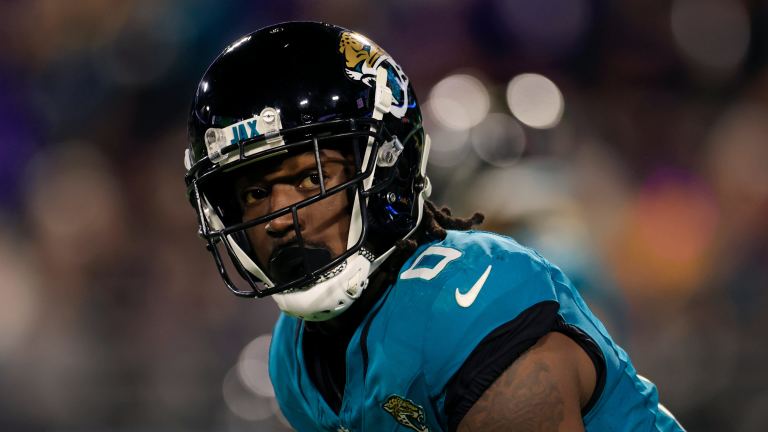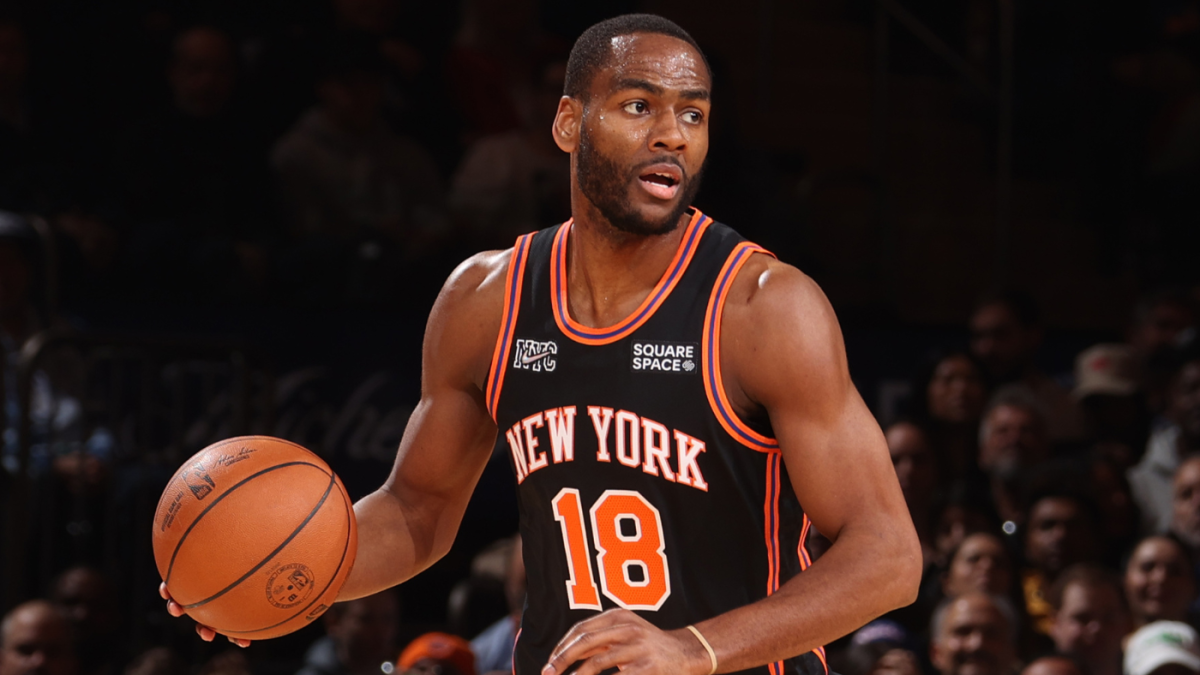
An anonymous executive has criticized the Titans’ decision to sign Calvin Ridley, describing it as poor business.
Unless you’ve been out of touch, you’re likely aware of the Tennessee Titans making a significant move by signing free-agent wide receiver Calvin Ridley last month. This acquisition stirred excitement among a fan base eager for an enhanced passing game. Ridley, a seasoned receiver, will now join a receiving corps that includes DeAndre Hopkins and Treylon Burks.
While some initially questioned the hefty price tag, others recognized it as the norm in today’s market, especially when securing a top-tier option at the position. Despite Ridley’s guaranteed $50 million, it ranks relatively low among all receivers and is expected to drop further with upcoming extensions for top receivers like Justin Jefferson and Ja’Marr Chase.
However, not everyone is sold on the Titans’ deal with Ridley. In a recent piece by The Athletic’s Mike Sando, multiple NFL executives shared their opinions on free-agent moves across the league. One executive didn’t mince words when criticizing the Titans’ decision, stating that paying top dollar to a 29-year-old receiver on his third team in three years is “bad business.”
Another executive questioned the overall direction of the Titans’ signings, contrasting them with the Carolina Panthers’ moves. Despite acknowledging overpayment by both teams, they highlighted Carolina’s focus on bolstering their front line with clear intent.
Conversely, another executive viewed Tennessee’s signings positively, citing Ridley’s talent as a top receiver and praising the acquisition of other key players like L’Jarius Sneed and Lloyd Cushenberry.
While the Ridley deal may seem questionable on the surface, it’s essential to consider factors such as his relatively low mileage due to missed seasons. Ridley’s return in 2023 showcased his abilities, posting impressive stats alongside Hopkins. Such production could potentially form one of the league’s most formidable wide receiver duos.
Ultimately, while one executive deemed the Ridley deal “bad business,” others disagree, emphasizing the importance of equipping a young quarterback with the necessary weapons for a crucial season.




